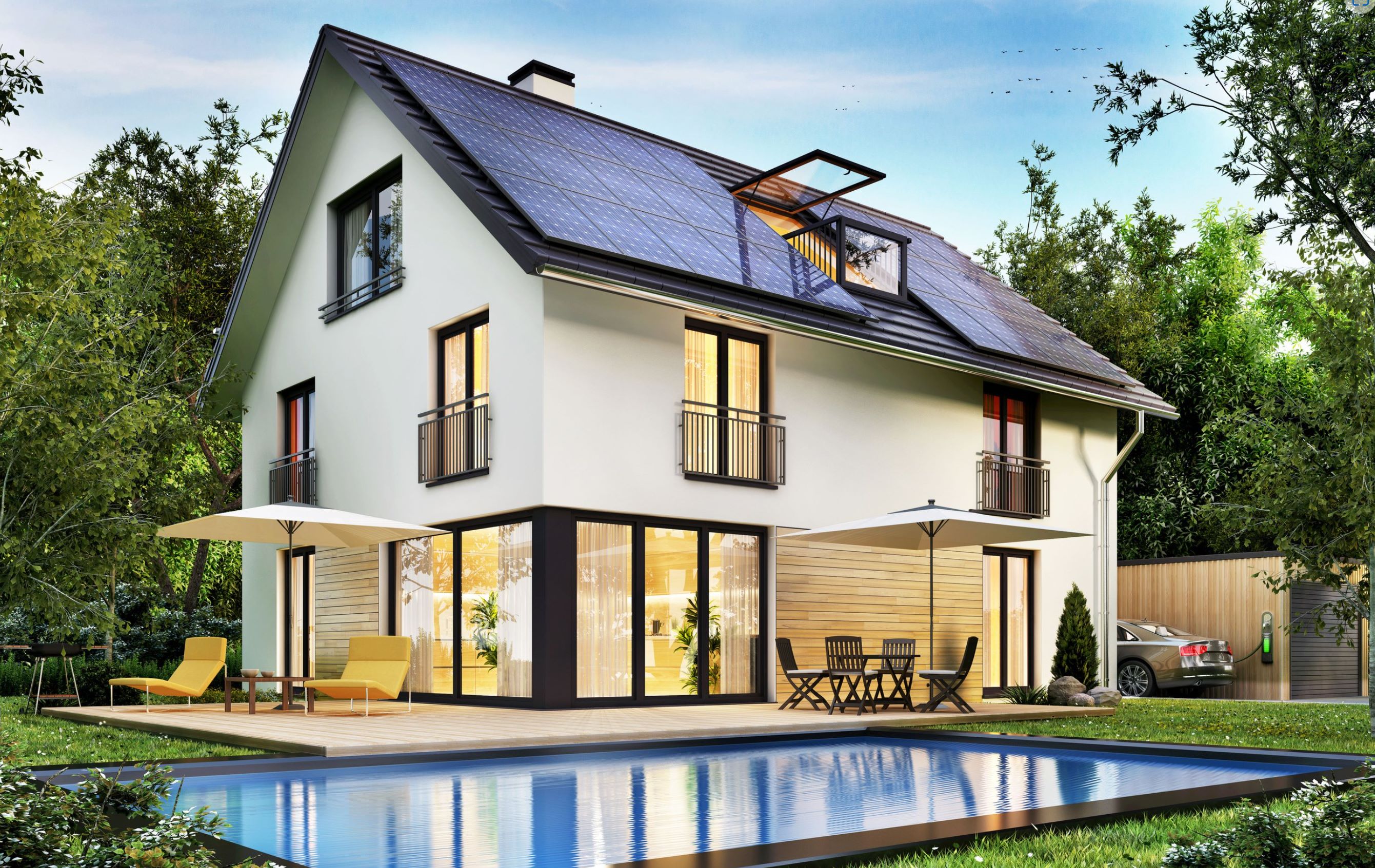How to Make Your Home More Energy-Efficient in 2025
https://buymeacoffee.com/kaysogy/how-make-your-home-more-energy-efficient-2025
 In an era where energy conservation is no longer just a trend but a necessity, making your home more energy-efficient in 2025 is a step towards sustainability, cost-saving, and increased property value. From utilizing smart home technology to embracing sustainable real estate practices, modern homeowners can make impactful changes. Here’s a comprehensive guide to making your home energy-efficient, incorporating proven strategies and innovative technologies.
In an era where energy conservation is no longer just a trend but a necessity, making your home more energy-efficient in 2025 is a step towards sustainability, cost-saving, and increased property value. From utilizing smart home technology to embracing sustainable real estate practices, modern homeowners can make impactful changes. Here’s a comprehensive guide to making your home energy-efficient, incorporating proven strategies and innovative technologies.
1. Conduct an Energy Audit: Before diving into improvements, conduct a thorough energy audit. This helps identify areas where your home loses energy, such as drafty windows, inefficient appliances, or outdated insulation. Many energy audit tools and real estate mobile apps can help homeowners analyze their energy consumption and recommend improvements.
2. Upgrade Insulation: Proper insulation plays a critical role in maintaining your home's temperature. Invest in high-quality insulation for walls, attics, and basements to reduce energy loss. Insulated homes are not only more comfortable but also save significantly on heating and cooling costs.
3. Install Energy-Efficient Windows and Doors: Energy-efficient windows and doors, such as double or triple-pane models, can reduce heat transfer. Consider designs that include advanced coatings or inert gas fills to enhance thermal efficiency. These upgrades also increase your property valuation, making them a smart investment strategy.
4. Embrace Smart Home Technology: Smart home devices are revolutionizing energy efficiency. From programmable thermostats that optimize heating and cooling to smart lighting systems that adjust based on occupancy, these technologies are invaluable. Digital property management tools and real estate automation systems can also monitor energy usage remotely, ensuring efficiency at all times.
5. Use Energy-Efficient Appliances: Switching to ENERGY STAR-certified appliances can make a noticeable difference in your energy consumption. Whether it’s refrigerators, dishwashers, or HVAC systems, energy-efficient appliances lower utility bills and contribute to a greener home.
6. Opt for Sustainable Energy Sources: Solar panels, wind turbines, and other renewable energy solutions are excellent for reducing dependence on traditional energy sources. In 2025, the cost of these technologies will continue to decrease, making them accessible to more homeowners. Additionally, homes powered by renewable energy often appeal to buyers interested in sustainable real estate.
7. Improve Water Efficiency: Upgrading to low-flow showerheads, faucets, and dual-flush toilets can save water and reduce the energy used for heating. Integrating a smart irrigation system for your garden can conserve water while maintaining a beautiful outdoor space.
8. Leverage Cloud-Based Real Estate Solutions: Modern cloud-based real estate solutions allow homeowners to track their energy efficiency progress and expenses. These platforms provide insights into property improvements, helping you make data-driven decisions.
9. Incorporate Sustainable Building Materials: Choose materials with a low environmental impact when renovating. Recycled wood, bamboo, and non-toxic paints are excellent choices. These materials not only enhance the aesthetics of your home but also align with sustainable real estate principles.
10. Enhance Natural Lighting: Maximizing natural light reduces the need for artificial lighting during the day. Strategically placed windows, skylights, and reflective surfaces can brighten interiors and reduce energy consumption. This feature also boosts your home’s appeal in online property listings.
Benefits of Energy-Efficient Homes
Cost Savings: Reduced energy bills result in long-term financial benefits.
Increased Property Value: Energy-efficient homes often command higher prices in the real estate market.
Environmental Impact: Lower energy consumption reduces carbon footprints, contributing to a healthier planet.
Improved Comfort: Consistent indoor temperatures and better air quality enhance living conditions.
Tax Incentives: Governments often provide tax breaks and incentives for adopting energy-efficient practices.
Conclusion: In 2025, creating an energy-efficient home is more achievable than ever, thanks to advancements in technology and increased awareness of sustainable practices. By integrating strategies like smart home technology, renewable energy sources, and efficient insulation, you can reduce your environmental impact and enjoy financial savings. For homeowners and real estate investors alike, these efforts align with broader trends in sustainable living and real estate market demand. Invest in energy efficiency today to ensure a better tomorrow. Not only will you transform your living space, but you'll also contribute to a greener and more sustainable future.
Comments
Post a Comment